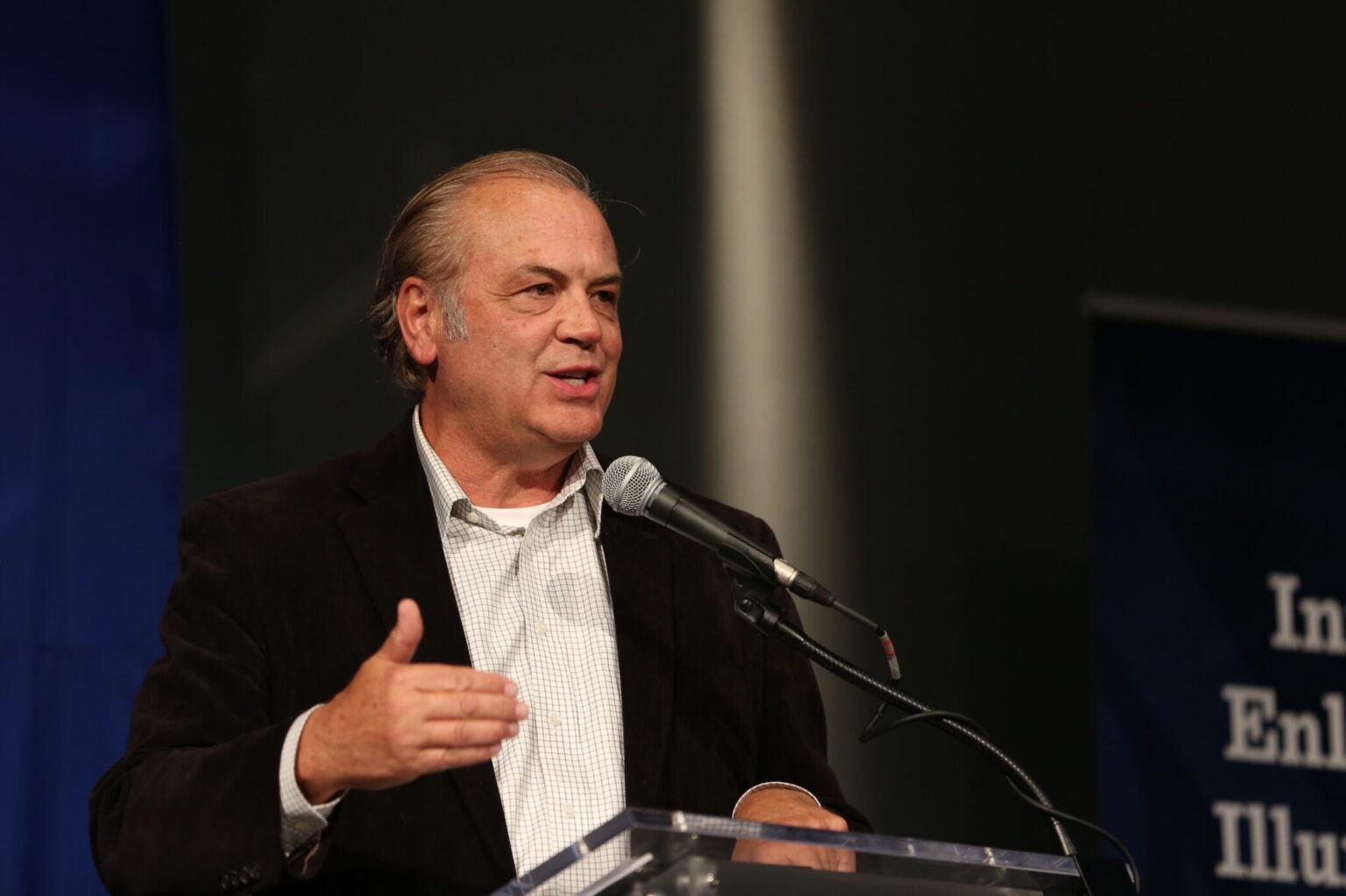
Seth Tupper, South Dakota Searchlight
A ballot question committee is suing South Dakota’s top election official over a new law that shortens the window for petition circulation by three months.
Dakotans for Health filed the lawsuit Tuesday in federal court against Secretary of State Monae Johnson.
“This new law is just another effort to silence the voices of South Dakotans and deny them the right to make decisions that impact their lives,” said Dakotans for Health Chairman Rick Weiland in a news release.
South Dakota’s Republican-dominated Legislature approved the legislation earlier this month, and Republican Gov. Larry Rhoden signed it into law last week. The law moves the filing deadline up from May to February for petitions seeking to place citizen-initiated questions on the ballot during general election years.
“It also imposes additional challenges,” Dakotans for Health said, “including harsher winter conditions and decreased voter interest due to the far-removed election date.”
Dakotans for Health is seeking a court order blocking the enforcement of the law, and the payment of its attorney fees and costs.
The law affects initiated measures, which need petition signatures from 17,508 registered South Dakota voters to make the ballot, and initiated constitutional amendments, which need 35,017 signatures. State law says no signatures may be collected more than 24 months preceding the general election.
Dakotans for Health has been active in numerous petition drives, including two last year: a constitutional amendment that would have reinstated abortion rights and an initiated measure that would have repealed the state sales tax on groceries. Voters rejected both measures.
The main sponsor of the new law, House Speaker Jon Hansen, R-Dell Rapids, helped lead a legal challenge last year against the abortion amendment. The case was scheduled for trial after the election, but the lawsuit was dismissed after voters defeated the amendment.
Hansen sent a statement in response to a message Tuesday from South Dakota Searchlight.
“Disputes over the validity of petition signatures should be decided before the election takes place — not after,” the statement said. “Amending this deadline is a common sense way to give voters the certainty to know exactly what will be on their ballot before they go to vote while still allowing over a year to gather petition signatures.”
Hansen’s legislation was one of numerous bills legislators considered to restrict citizen lawmaking. Among those that passed was a resolution that will send a question to the 2026 ballot asking voters to raise the approval threshold for constitutional amendment ballot questions from a simple majority to 60%. Lawmakers also passed but failed to override Gov. Rhoden’s veto of a bill that would have required constitutional amendment petitions to have signatures from every legislative Senate district in the state.
